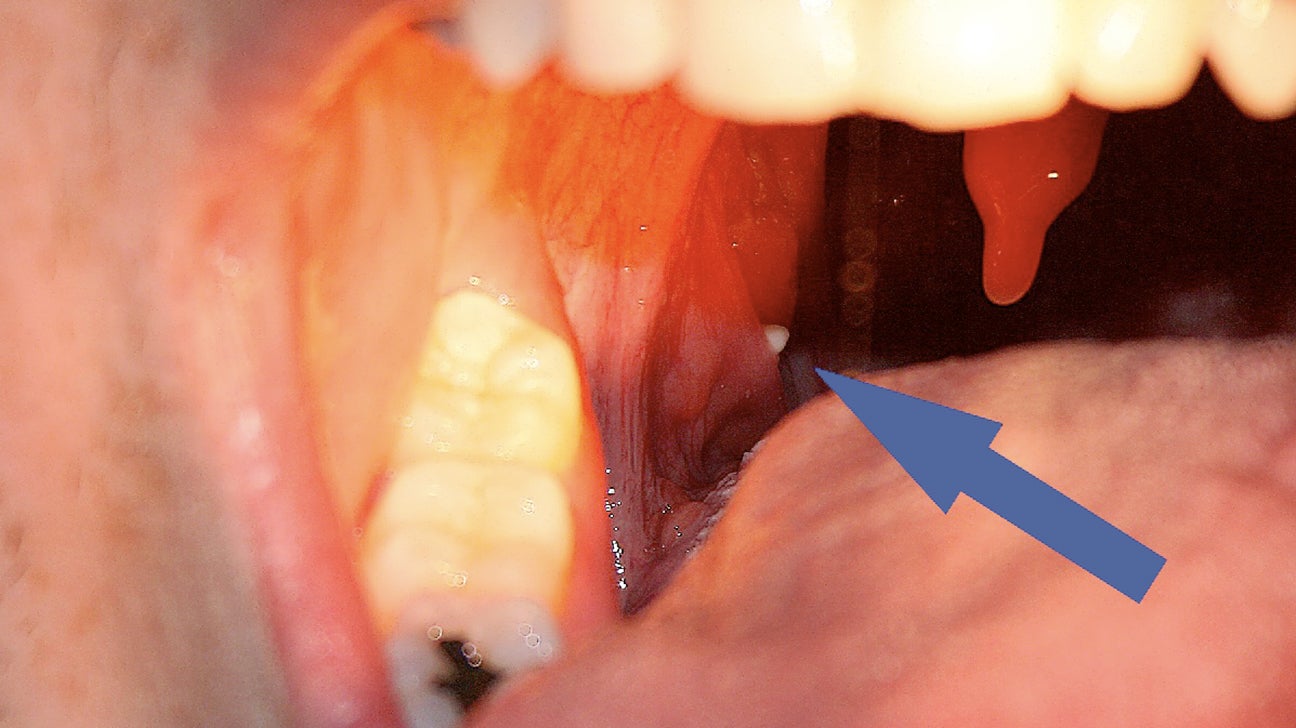6 Simple Techniques For Tonsoliths - Office Instructions - ENT Specialty Care

Excitement About Tonsil Stones Treatment Solutions - TheraBreath
What Are Tonsil Stones? Tonsil stones, or tonsilloliths, are hard, in some cases agonizing bits of bacteria and debris that get stuck in nooks on your tonsils. Your tonsils are gland-like structures in the back of your throat. You have one on each side. Tonsils are made of tissue with lymphocytes, cells that prevent and combat infections.

10 Home Remedies For Tonsil Stones And Bad Breath - Pristyn Care
But your tonsils do not always do their task well. For some people, they're more difficulty than help. Research suggests that individuals who have their tonsils eliminated disappear likely to get bacterial or viral infections than individuals with who keep their tonsils. Tonsil Stone Causes, Your tonsils are filled with nooks and crannies where germs and other things, consisting of dead cells and mucus, can get caught.
Tonsil stones form when this particles solidifies, or calcifies. This tends to happen usually in people who have long-lasting swelling in their tonsils or repeated cases of tonsillitis. Numerous people have little tonsilloliths, however it's unusual to have a large tonsil stone. Tonsil Stone Signs, Little tonsil stones might not cause any signs that you 'd observe.

Tonsil Stones - Causes, Symptoms, Diagnosis, Treatment and Prevention
Symptoms include:. A primary sign of a tonsil stone is severely bad breath, or bad breath, that occurs with a tonsil infection. One research study of patients with a kind of long-term tonsillitis examined their breath for things called unpredictable sulfur compounds, which can imply foul breath. The researchers discovered that 75% of the individuals who had abnormally high quantities of these substances likewise had tonsil stones.

How to remove tonsil stones at home - Tonsil stone removal - YouTube
The Best Guide To Do You Have Tonsil Stones? Causes, Symptoms
The tonsil stone itself may provide you discomfort or pain. A stone might aggravate your throat and make you cough. This Piece Covers It Well may be able to see a tonsil stone in the back of your throat as a swelling of solid white product. Depending on the area or size of the tonsil stone, it may be difficult or agonizing to swallow food or liquids.

Because of shared nerve paths, you may feel discomfort in your ear, although the stone itself isn't touching your ear. When particles solidifies and a tonsil stone types, swelling, infection, and the tonsil stone itself may make your tonsil swell. Tonsil Stone Medical diagnosis, Your doctor can usually identify tonsil stones with a physical examination.
